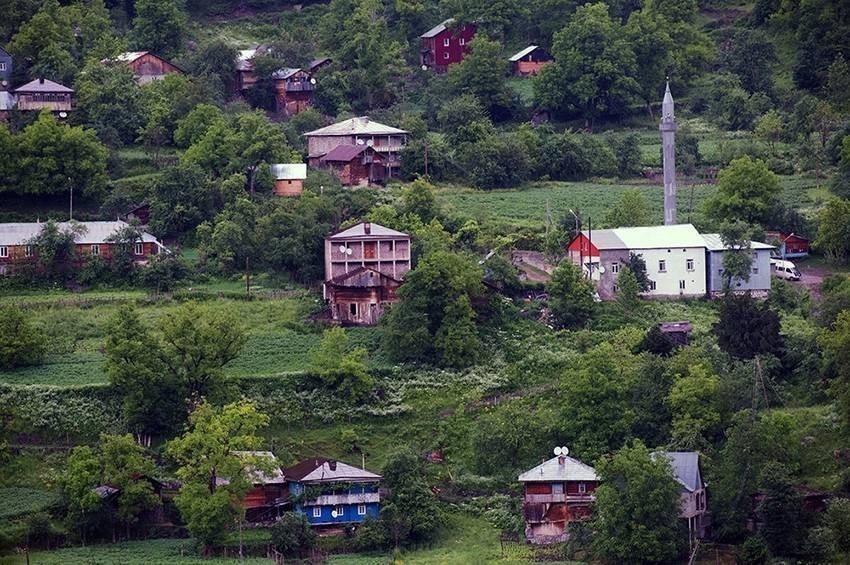საერთო ცხელი ხაზი +995 577 07 05 63


The Social Justice Center and the Solidarity Community are urging the Ministry of Internally Displaced Persons from the Occupied Territories, Health, Labour, and Social Affairs of Georgia to guarantee the establishment of a maternity unit and the mobilization of other essential services in Khulo Municipality.
In the past few months, access to healthcare services in Khulo municipality, located in mountainous Adjara, has become increasingly challenging. At present, Khulo lacks a maternity unit, despite having a population of over 23,000 people, and the city no longer have any gynecologists. As a result, women are unable to access essential healthcare services, which poses a threat to their lives and the well-being of their children. Additionally, it's important to consider the economic practices of the local population, which are tied to semi-nomadic lifestyles and the tradition of families living highlands. For pregnant women, especially those residing in the highlands, it further complicates the ability to access essential services in the municipality center and hinders their overall well-being.
In accordance to the official response received from the Ministry of Internally Displaced Persons from the Occupied Territories, Health, Labour, and Social Affairs of Georgia on July 17, 2023, concerning the aforementioned issue, it was stated that Evex Clinics/Khulo Clinic provides medical services to the residents of Khulo Municipality. The absence of a maternity unit is attributed to the low number of births in the municipality throughout the year. According to 2022 data, an average of 2-3 births were registered per month, which has led to the dequalification of staff and imparted substantial risk to the effective management of individual cases. Starting from June 1, 2023, obstetrician-gynecologists ceased their services at Khulo Clinic's hospital (maternity) based on personal statements. Regrettably, this approach, on the one hand, does not align with the actual birth statistics in the municipality, which have shown a significant number of births (for instance, from 2015 to 2022, there were 446, 456, 470, 477, 429, 294, 322, 311, 285 children born in the municipality of Khulo). It also neglects the pressing issue of women's reproductive rights in the municipality. Additionally, it's important to note that the gynecologists working at the hospital did not have satisfactory working conditions before the maternity department was discontinued. Evex Clinic did not meet their demands for a salary increase, which led them to leave their positions.
The letter highlights the strategic significance of perinatal services in the mountainous region. However, it also mentions the ongoing negotiation process with the company regarding the scope of services, creating uncertainty about the exact timeline for resolving the issue.
This approach once again underscores the severe human and social repercussions of healthcare system privatization and inadequate regulation, which directly impacts the fundamental needs, interests, and rights of our citizens, particularly those who are most vulnerable.
Women's reproductive rights and health are protected both by the Constitution and Legislation of Georgia, and by International and Regional Human Rights Agreements ratified by country. These include the right to health, as recognized by the World Health Organization (1946), the Universal Declaration of Human Rights (1948), and the International Covenant on Economic, Social and Cultural Rights (1966). The principle that all individuals possess an equal right to access a high quality health services is founded on a non-discriminatory approach, with particular regard to women's health, ensuring that the healthcare system does not permit gender discrimination in service provision.
This approach should be rigorously supervised to prevent any potential abuses throughout the service delivery chain, both within private and public health service facilities. This oversight is essential to ensure that women receive reproductive health services of the highest quality, aligning with international best practices. Consequently, the state must ensure that all women have access to the comprehensive services required to support safe pregnancies, deliveries, and the birth of healthy babies.
The prevailing problematic situation highlights a systemic issue that demands an immediate response, as it directly impacts the well-being and lives of women and unborn children. Given the specific geographical location of Khulo Municipality, it is essential to consider the distinct needs of this highland region, making the provision of healthcare services a top priority for the state.
With this in mind, the Social Justice Center and the Solidarity Community urge the state to promptly ensure the operational status of a maternity unit in Khulo Municipality. This necessitates the mobilization of qualified human resources, the enhancement of infrastructure, and the provision of necessary technical and medical facilities. Furthermore, it is imperative to keep the public informed about these developments.
The website accessibility instruction